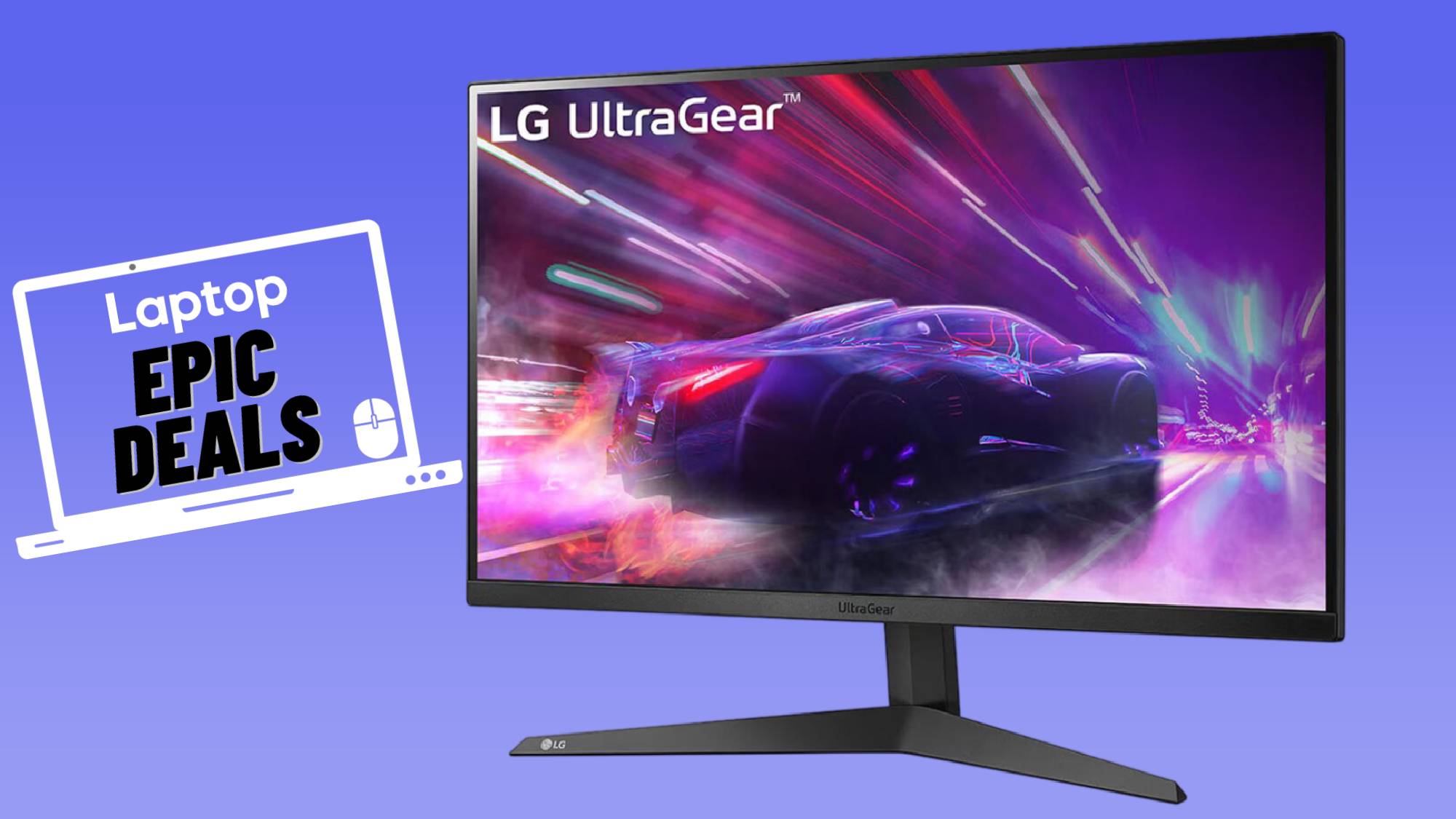SpoonFed: Why Verizon is Losing the Smart Phone War

It’s the hottest summer in years for smart phones—and it looks like Verizon Wireless will get burned. Sprint’s Palm Pre is selling like gangbusters, where you can find it; Verizon says it will have the Pre in January. T-Mobile is expected to launch its second Android phone soon; Verizon has confirmed that it will launch its first Android device within the next six months. And AT&T is about to deliver a one–two punch to Verizon in the form of the $99 iPhone 3G and the faster iPhone 3G S. Verizon won’t get its hands on an iPhone until next year at the earliest, after having initially passed on it, thanks to a somewhat vague exclusivity agreement.
The irony is that nearly everyone I talk to in the industry says they would jump to Verizon Wireless in a heartbeat if it offered the iPhone. And I wouldn’t necessarily blame them. During Apple’s Worldwide Developer Conference in San Francisco, there was so much congestion I simply couldn’t check e-mail or surf the Web on my iPhone 3G. (I had to switch over to Wi-Fi.) And in New York and New Jersey I’ve experienced similar problems on a daily basis, with data falling back to the carrier’s slower EDGE network in a 3G coverage area. I also have experienced many dropped calls, compared with—literally—one or two on a Verizon Wireless BlackBerry Curve.
So where does this leave Verizon?
Twiddling its thumbs. It has fiercely loyal customers, and the carrier wins award after award for reliability, but right now it doesn’t have the device portfolio to match its high-quality network. As AT&T continues to improve its coverage, especially as it upgrades to 7.2 Mbps HSDPA, Big Red will have to deal with more defectors to the latest iPhone, and other shiny smart phones it doesn’t have. That’s why the carrier has been looser lipped than usual, promising the Palm Pre, an Android device, and a sequel to the BlackBerry Storm well before they launch.
Verizon knows it has the best network, but, these days, that’s not enough. Whether it’s because of stringent testing requirements or because it simply doesn’t believe that devices are just as important as service quality, something needs to change.
Editor-in-chief Mark Spoonauer directs LAPTOP's online and print editorial content and has been covering mobile and wireless technology for over a decade. Each week Mark's SpoonFed column provides his insights and analysis of the biggest mobile trends and news. You can also follow him on twitter.
Stay in the know with Laptop Mag
Get our in-depth reviews, helpful tips, great deals, and the biggest news stories delivered to your inbox.

